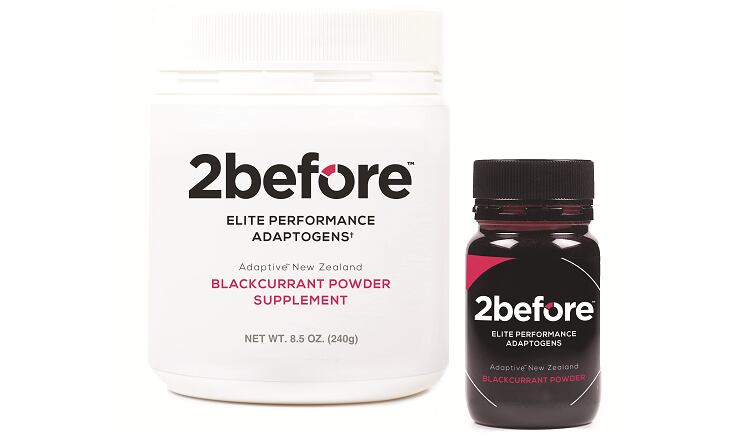The extract is patented as Polynol. In this pre-clinical study, researchers found that the sugarcane extract displayed anti-inflammatory effects in human cell cultures.
The accumulation of reactive oxygen species leads to oxidative stress which is closely associated to the onset of neurodegenerative disorders such as Parkinson’s disease and Alzheimer's disease as well as neuropsychiatric disorders like anxiety and depression.
The brain is particularly susceptible to oxidative damage due to its high level of polyunsaturated fatty acids that are easily peroxidisable, and low level of intrinsic antioxidants to protect the brain from oxidation.
Polynol was found to be able to disturb pathways to restore the ideal balance of oxidants in the body.
Dr. Barry Kitchen, head of TPM’s bioactives division told NutraIngredients-Asia: “This pre-clinical discovery is a major breakthrough using a natural botanical extract for a therapeutic intervention and modulation of oxidative stress and inflammation in brain health and neurological disorders.”
The findings were published in PharmaNutrition.
Study
In the study, researchers explained that Polynol’s anti-inflammatory properties may come from its ability to inhibit pro-inflammatory cytokines such as TNF-α, and activating Nrf2-ARE transcription pathway.
Polynol was also found to preserve neuronal DNA integrity which helps protects neuronal cells from oxidative stress. In addition, it seemed to prevent neurodegeneration through regulating key proteins such as monoamine oxidase (MAO). MAO is an enzyme that breaks down excess tyramine, an amino acid that helps regulate blood pressure.
While these findings were based on in vivo studies, researchers were aware that its translation into clinical success may take some while.
In addition, it was unknown in a clinical setting if the metabolites studied would be altered by factors such as the microbiome.
“Regardless, our work encourages further in vitro and in vivo studies to verify these potential therapeutic effects, and explore signal pathway in more depth. In our laboratories, a number of follow up confirmation studies are underway, including further cellular studies and in vivo trials on the effect of Polynol on neurogenesis, depression, and cognition,” researchers wrote.
Dr. Kitchen told us TPM is currently working with Swinburne University in Melbourne to design and conduct a human trial in the near future.
Polynol is manufactured in Melbourne, Australia. According to Dr. Kitchen, the sugarcane is grown in North Queensland as a tropical crop for sugar exporting Australia.
Researchers were optimistic that this initial preclinical study provided opportunities to discover more valuable bioactives extracted from sugar production, potentially leading to new phyto-therapeutics for inflammation and neurological disorders from this globally abundant crop.
TPM also produces other sugarcane-based extracts such as Phytolin for blood glucose management, LoGiCane a natural low GI sugar, Modulex a masking agent and Officinol an anti-ageing cosmeceutical.
Source: PharmaNutrition, Elsevier
https://doi.org/10.1016/j.phanu.2020.100187
“A polyphenol rich sugarcane extract as a modulator for inflammation and neurological disorders”
Authors: Jin Ji, et al.




